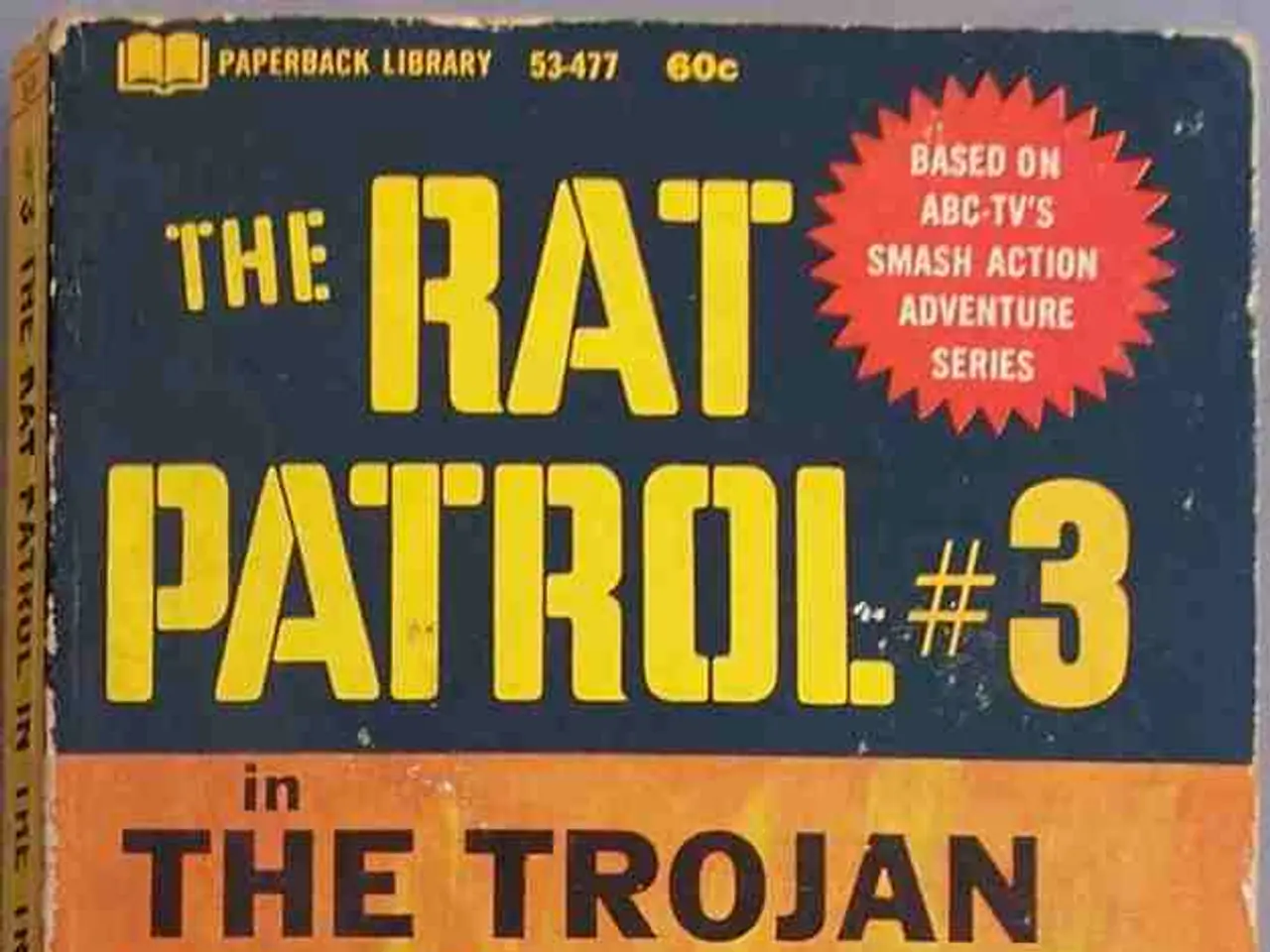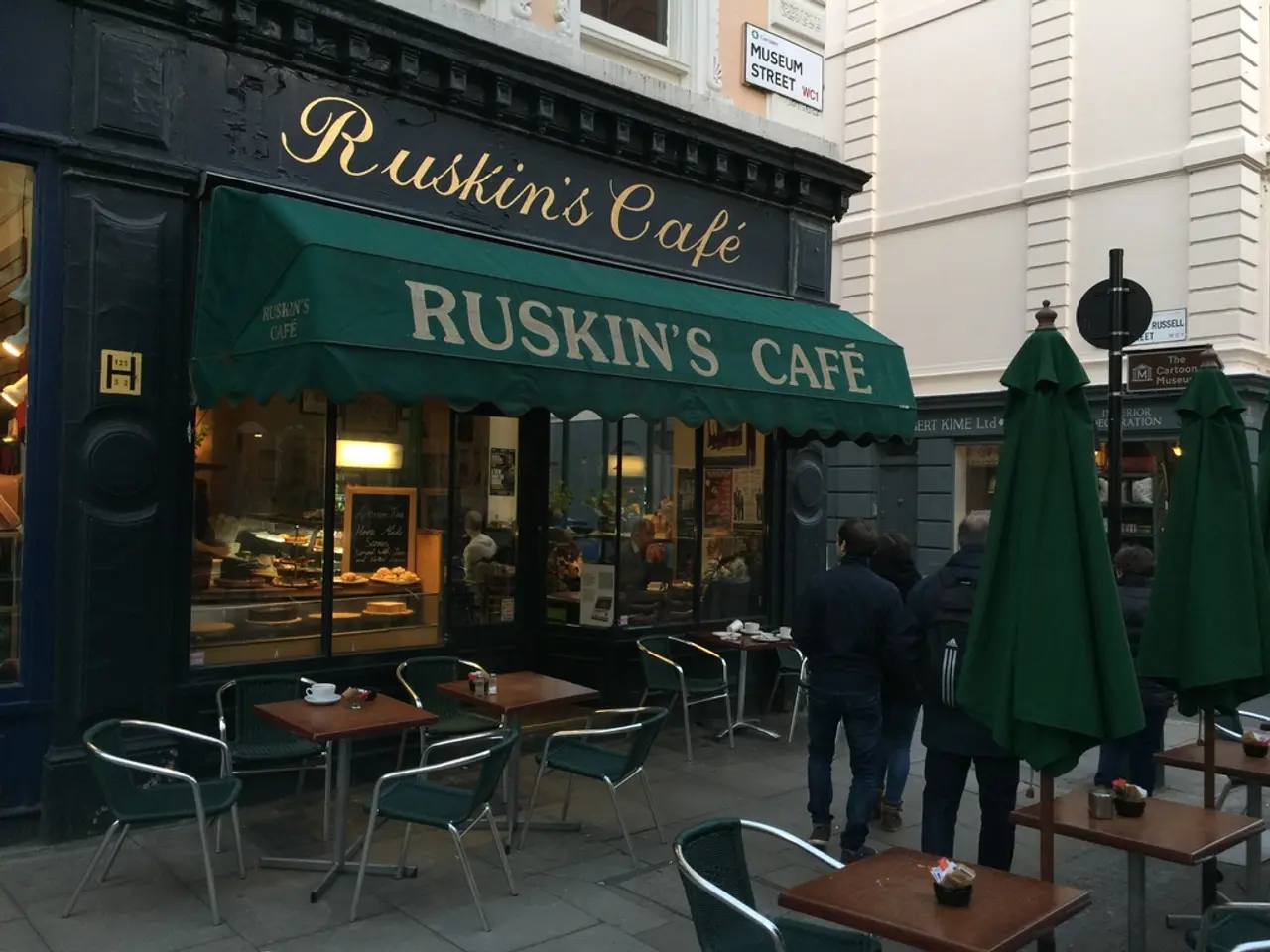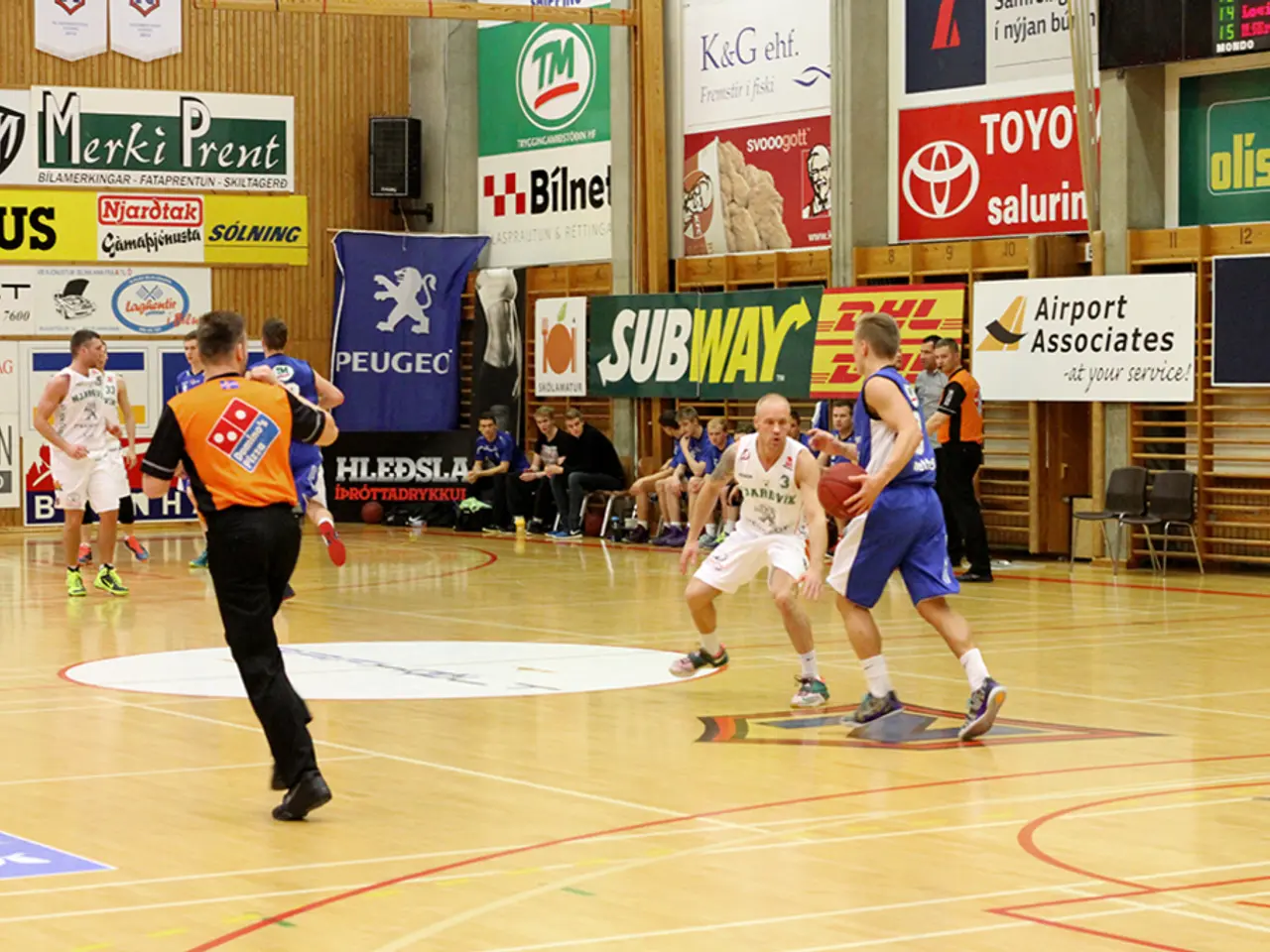Intense discussions concerning the demilitarization of Hezbollah within the Lebanese territory are intensifying
The debate over disarming Hezbollah militia in Lebanon is intensifying, as the US and other international actors call for concrete steps towards disarmament. This comes as the Lebanese government aims to assert a monopoly on weapons, but faces challenges due to Hezbollah's armed status, which is backed by Iran.
Lebanese Government's Position
On August 6, 2025, the Lebanese cabinet officially endorsed the state's monopoly on weapons, signalling a move towards disarming militias, including Hezbollah. Prime Minister Nawaf Salam has been pushing for discussions within the council of ministers, although initial divisions existed, with President Joseph Aoun wanting to lead talks independently. Recent international pressure has encouraged the government to commit to concrete steps.
Hezbollah's Resistance
Despite the calls for disarmament, Hezbollah continues to resist, with its arsenal effectively linked to Iran's control. The group's position is a significant obstacle to progress, as disarmament entails relinquishing the military power it sees as vital. Hezbollah Secretary-General Naim Kassim has refused to commit to a concrete timeline for disarmament, stating, "We will either all win together or all lose together."
International Actors' Role
The US has demanded that Lebanon set a timetable for Hezbollah's disarmament, reflecting growing frustration with the status quo and reinforcing the call for Lebanese state authority over all weapons. French President Emmanuel Macron and US military representatives have also applied pressure on Lebanon's leadership.
Discussions are ongoing about UNIFIL's potential role in monitoring or facilitating Hezbollah's disarmament under Lebanon's commitments, with forums scheduled to address this topic.
The Current Situation
Hezbollah wields significant influence, particularly within the Shia community. The resignation of Hezbollah members from the government could lead to Lebanon's next political crisis. Troops from the Lebanese army were deployed to prevent the display of Hezbollah flags in Beirut.
The debate involves Lebanon's struggle to centralize military authority amid Hezbollah’s Iranian-backed armed status, with increasing regional and international calls for disarmament but persistent internal and geopolitical obstacles. The cabinet in Beirut met to discuss the issue, but the discussion was postponed until next week.
[1] Al Jazeera. (2025, August 6). Lebanon's cabinet endorses state's monopoly on weapons. Retrieved from https://www.aljazeera.com/news/2025/8/6/lebanon-cabinet-endorses-states-monopoly-on-weapons
[2] Reuters. (2025, August 3). U.S. presses Lebanon to set timetable for Hezbollah disarmament. Retrieved from https://www.reuters.com/world/middle-east/us-presses-lebanon-set-timetable-hezbollah-disarmament-2025-08-03/
[3] UN News. (2025, August 10). UNIFIL to discuss monitoring Hezbollah disarmament in Lebanon. Retrieved from https://news.un.org/en/story/2025/08/1061632
- Despite the Lebanese cabinet's endorsement of the state's monopoly on weapons, Hezbollah, with its arsenal effectively linked to Iran's control, continues to resist disarmament, viewing its military power as vital.
- The US, along with French President Emmanuel Macron and US military representatives, have applied pressure on Lebanon's leadership, demanding a timetable for Hezbollah's disarmament, citing growing frustration with the status quo and reinforcing the call for Lebanese state authority over all weapons.








